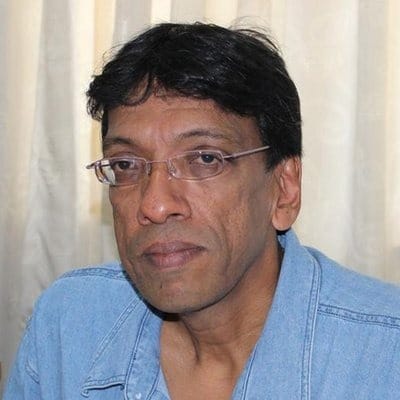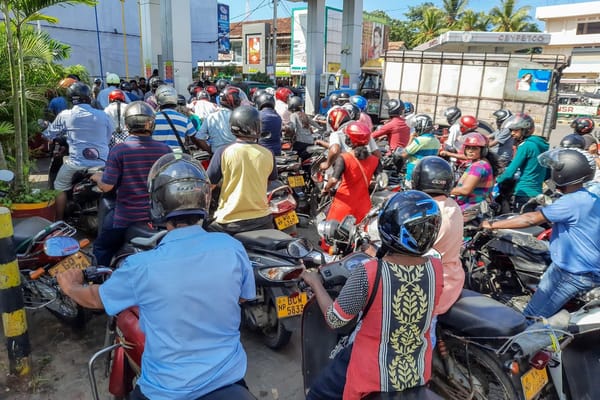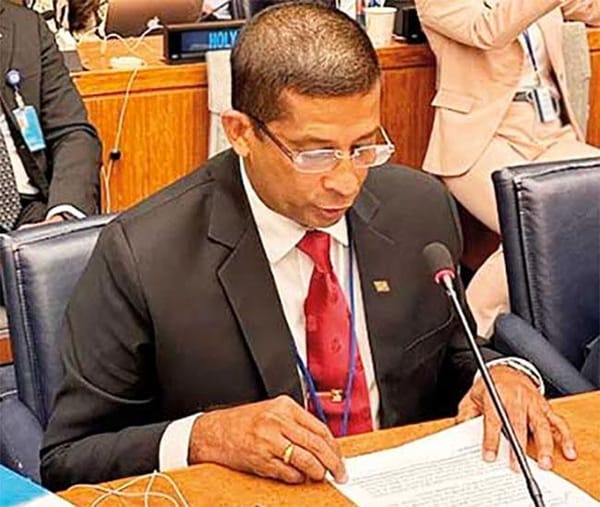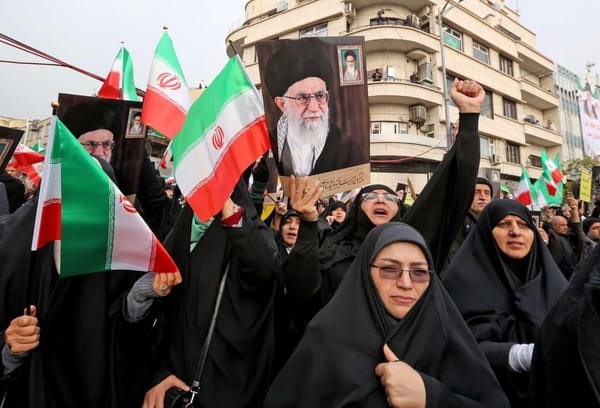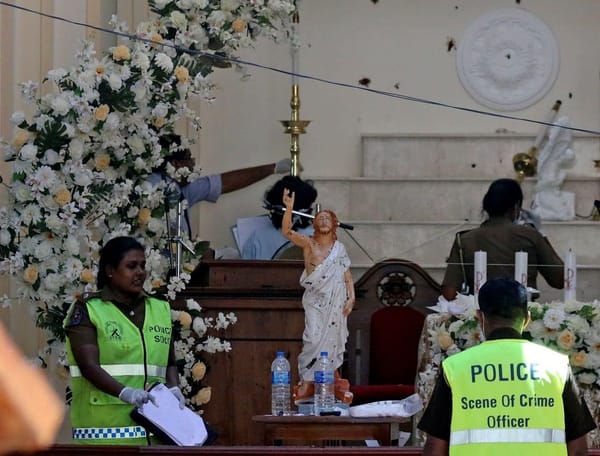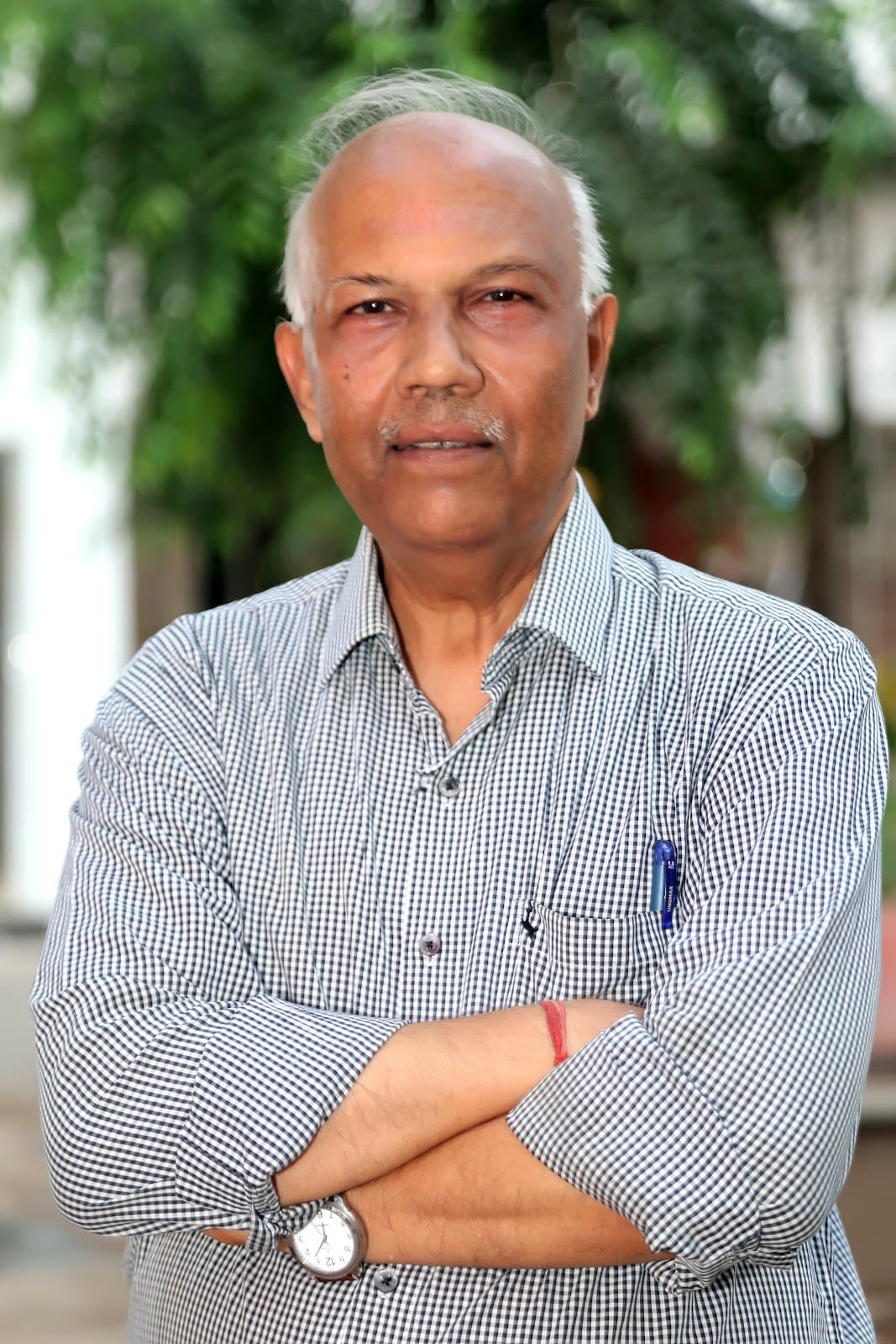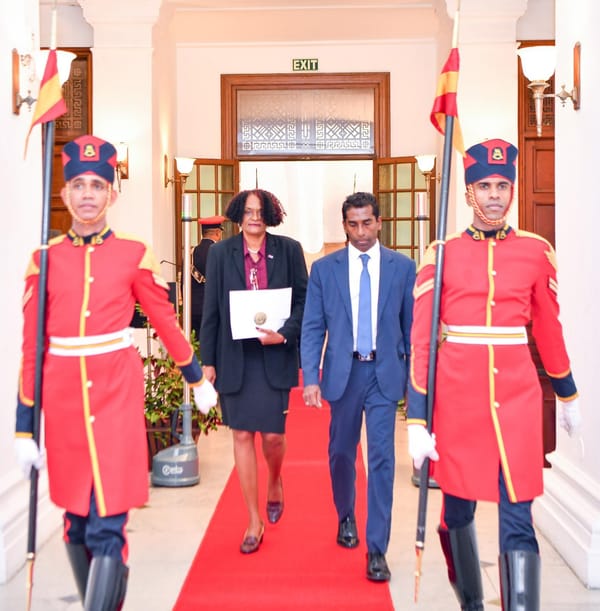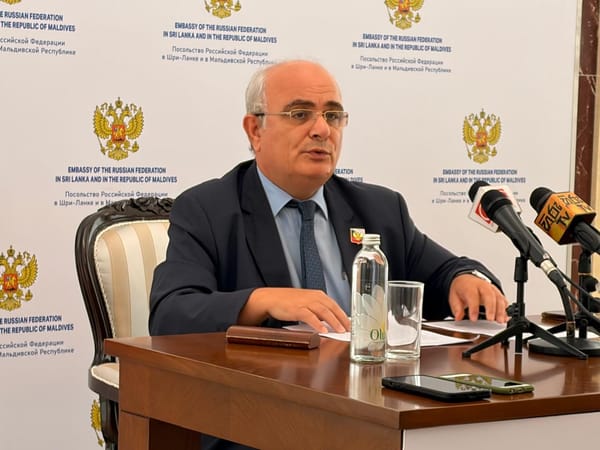The skeletal remains being recovered from the Chemmani mass grave constitute primary evidence of massacres and warrant an international investigation, said Jehan Perera, Executive Director of the National Peace Council of Sri Lanka, during a visit to Jaffna this week.
Jehan Perera emphasized that the discoveries at Chemmani represent undeniable proof of deliberate killings and called for professional international expertise to ensure a credible investigation into the site.
"The skeletal remains being recovered from the Chemmani mass grave stand as primary evidence of massacres. Therefore, an international investigation into this matter is essential," Perera told the media.
The Chemmani mass grave has emerged as a focal point in discussions about accountability and justice for Sri Lanka's Tamil community, which continues to face significant hardships in the post-war period.
"In Sri Lanka, Tamils continue to live under many hardships, and the issue of the Chemmani mass grave has become a major point of discussion," Perera said. "The skeletal remains unearthed in Chemmani are undeniable evidence of deliberate massacres."
Trust Deficit Drives International Appeals
Perera highlighted the erosion of Tamil trust in domestic accountability mechanisms, explaining why affected communities continue to seek international intervention.
“The Tamil people are no longer willing to place their trust in successive governments. That is why they continue to demand justice from the international community on Chemmani and similar issues. There is nothing wrong in that,” he stated.
The National Peace Council director stressed that professional international involvement is crucial for the credibility of any investigation at the site.
"As far as we are concerned, it is very necessary to obtain practical and professional expertise from abroad for the excavation of the Chemmani human mass grave," Perera said.
UN Position Under Scrutiny
Perera expressed concern about the United Nations Human Rights Council's apparent willingness to accept domestic mechanisms for investigating Chemmani, arguing that this approach may fall short of what is needed.
"However, the United Nations Human Rights Council seems inclined to accept a domestic mechanism in relation to Chemmani," he noted.
He concluded by emphasizing the standards required for any credible investigation: "What is required in this matter is an investigation that is both highly professional and completely impartial."

